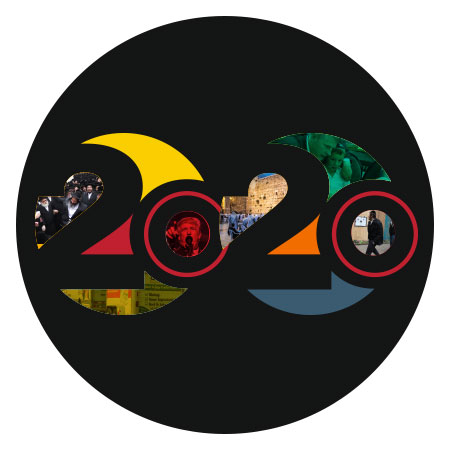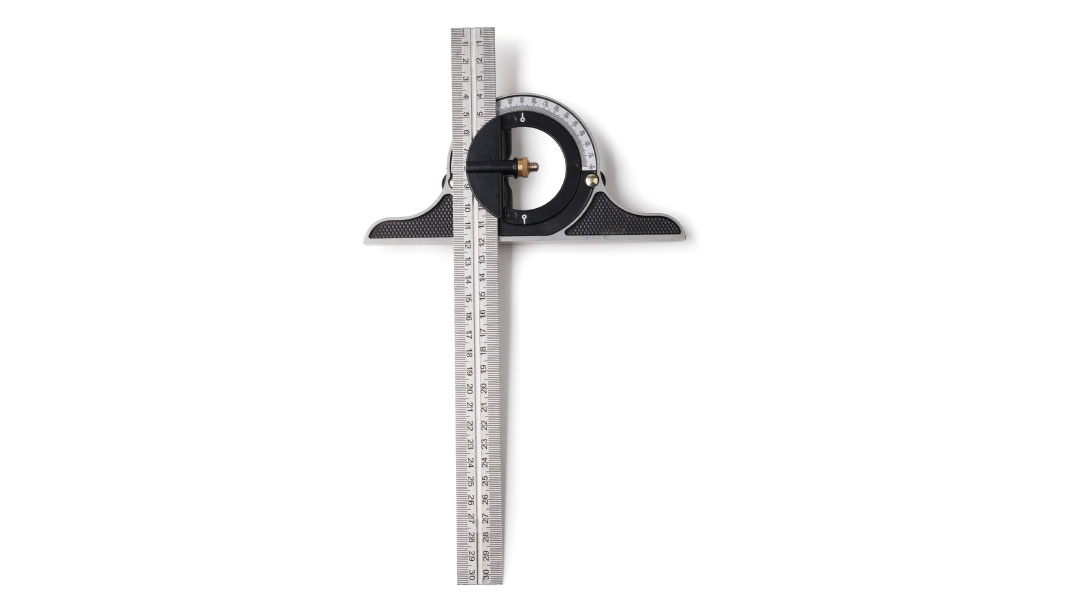This Isn’t the MUSIC of 2010

We’re closing a decade and Jewish music has stretched, expanded, blurred

F

We’re closing a decade and Jewish music has stretched, expanded, blurred. Sweet little cheder boys are warbling what you might call “Israeli taxi driver music” and campers are clapping and bopping to kosher riffs on department store tunes. Pesukim are optional. Hebrew words are usually a plus. (Modern Hebrew, obviously, not Lashon Hakodesh.)
The latter genre includes lots of sunny skies and new days. It’s light, it’s fun, it usually sticks to major keys and steers clear of drama. It’s not “Od Yishama” or “Avraham Yagel” or even “Lo Yisa Goy.” It’s breezy and slick and more universal, more open. A good match for a generation that likes smooth facades, instant gratification, and happy endings (and beginnings and middles).
But it’s the first kind — the taxi driver music — that fascinates me, not just because of what it says about music but because of what it says about all of us. These songs will often have Middle Eastern touches — an oud or dulcimer in the background, a maqam-influenced trill — but I don’t think those nods to Mizrahi sound are really so earth-shattering. Something much more consequential is happening. After a few decades of increasing slickness to the point where our music has become slippery smooth in its predictability, its glib perfection, this feels different.
This music quivers with unabashed spirituality, but it’s a spirituality not necessarily connected to pesukim or learning or being yeshivish. It has a certain gravel and grit to it — in the voice, in the lyrics, in the vulnerability. It reminds us of taxi driver culture because it carries the vibe of those people who are believers even if they don’t quite keep everything: the people who talk to Hashem in a traffic jam and pull themselves out of bed when it’s still dark every single morning for a full month of Selichos, but can’t be bothered to check a hechsher.
This music taps that dynamic. It sings: I am a seeker, I crave connection, I beseech my Maker and let him into the crevices of my soul — even though my world, my life, my decisions and my day-to-day behavior are a lot looser than His laws.
So our sheltered cheder kids with their European roots and mehadrin hechsherim are singing the music of people whose food they’d never eat, whose families they’d never be meshadech with. And the heimish among our singers are all scrambling to find their own versions of this gritty, vulnerable, raw music. They realize it’s tapping something and touching something that speaks across boundaries; it’s giving voice to a genuine yearning just beneath the perfect façade of the 2020 generation — and they want to be part of it too.
(Originally featured in Mishpacha, Issue 790)
Oops! We could not locate your form.













